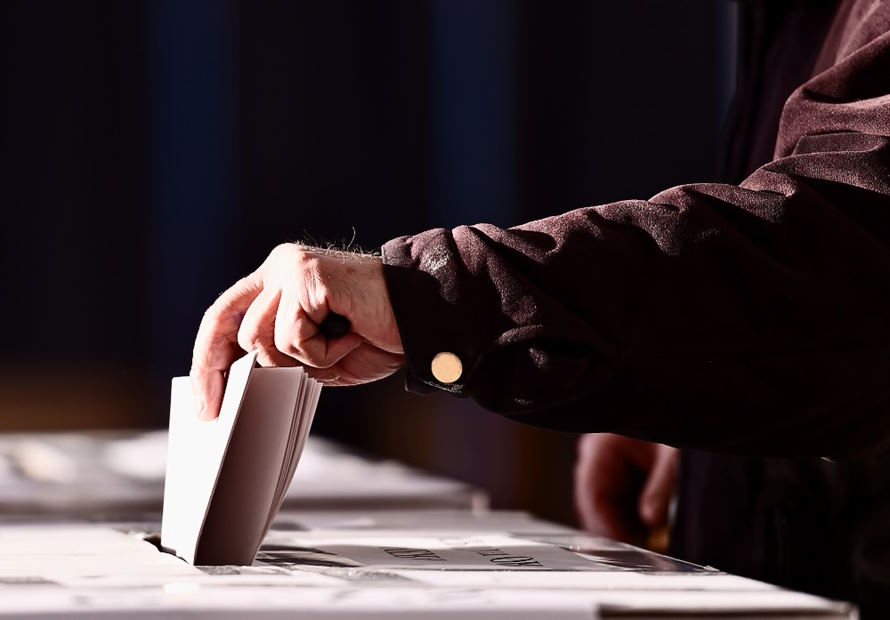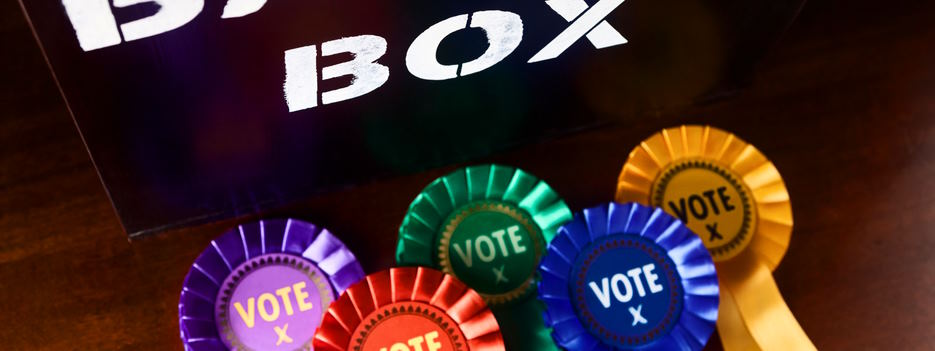
Reasons Why Our Political Behavior Matters
Political behavior is ubiquitous in our society today. It shapes and influences many aspects of everyday life, from the decisions we make on the national scale down to local governance. Understanding why our political behavior matters is essential for making informed decisions when it comes to voting, protesting, or even just informing ourselves about others’ opinions on certain issues. But what does this mean precisely? In this post, we will discuss why understanding how political behavior functions is crucial to engaging as an informed citizen in society today. We’ll break down who (and what) are at stake in these discussions—from pivotal laws that affect human rights all over the world to those closest to us within our communities—as well as why having an open dialogue surrounding them can be beneficial for not only short-term problem solving but wider social progress overall. So let’s dive into diving deeper into delve into what makes up political behavior and its importance!
Ways political behavior can help you get ahead in life
Political behavior can be a powerful tool for getting ahead in life. It can help you develop relationships with key people, gain access to resources and networks that could benefit your career, and increase your influence within an organization or larger social environment. In addition, developing good political skills can help you become a better leader and negotiator while also allowing you to build bridges between disparate groups or viewpoints.
One of the most important aspects of political behavior is understanding how power works in various contexts. Learning how individuals and organizations use their power to achieve goals can give you insight into the dynamics at play in any situation. In addition, understanding who has influence within an organization and which strategies are most likely to succeed or fail will make it easier for you to position yourself for success.

In addition to being aware of the power dynamics around you, it is also important to build relationships with influential people in your particular field or industry. Taking time to get to know people, developing trust and respect, and showing that you can be a reliable ally can help you make connections that could prove invaluable in the future.
Finally, it is important to remember that political behavior should never be used to manipulate others or get ahead at any cost. Political skills should always be used ethically and responsibly so that all parties involved benefit from the outcome. This will ensure that your career is built on solid foundations and avoid creating conflict or ill will between yourself and others. Practicing good political behavior can help you get ahead in life and achieve personal and professional success.
By utilizing these strategies, you can build the relationships, knowledge, and skills necessary to progress in your chosen field. With consistent effort and a commitment to ethical conduct, you will be better equipped to navigate the complex environment of politics and power. You may even find that you enjoy this process as much as you do any other form of work!
What the ‘political behavior’ of young people says about the future of our democracy
Young people’s political behavior is an important indicator of the future of our democracy. Political engagement among young people, including voting and participating in public debates, demonstrates how they view their role in society and how their views shape public opinion. By understanding the attitudes and actions of young people towards politics, we can gain insight into what kind of society our democracy will become in the future.

Recent research has found that more young people are becoming politically engaged compared to past generations. This includes both traditional forms of engagement, such as voting, and novel ways, such as online activism and petitioning for change. This trend indicates that young people are increasingly taking action to influence policy outcomes and demonstrate their commitment to social justice issues.
At the same time, studies have identified certain factors that can lead to a decrease in political engagement among young people. These include feeling disconnected from political processes or not having access to accurate information about politics. In order for our democracy to remain strong and relevant in an ever-changing world, we must strive to address these barriers so that all young people can feel empowered and engaged as active participants in society.
The future of our democracy depends on engaging young people in meaningful dialogue, encouraging them to participate in politics, and providing them with the resources they need to make informed decisions. By understanding the current trends and challenges young people face today, we can create policies and initiatives that promote stronger civic participation and ensure a bright future for our democracy.
